In a move that caught many off-guard, Justice Amy Coney Barrett diverged sharply from her conservative counterparts in a critical Supreme Court case on Arizona’s voting laws.
Brought to the forefront by the Republican National Committee, the case questioned the need for stricter citizenship verification for voters.
The Heart of the Controversy
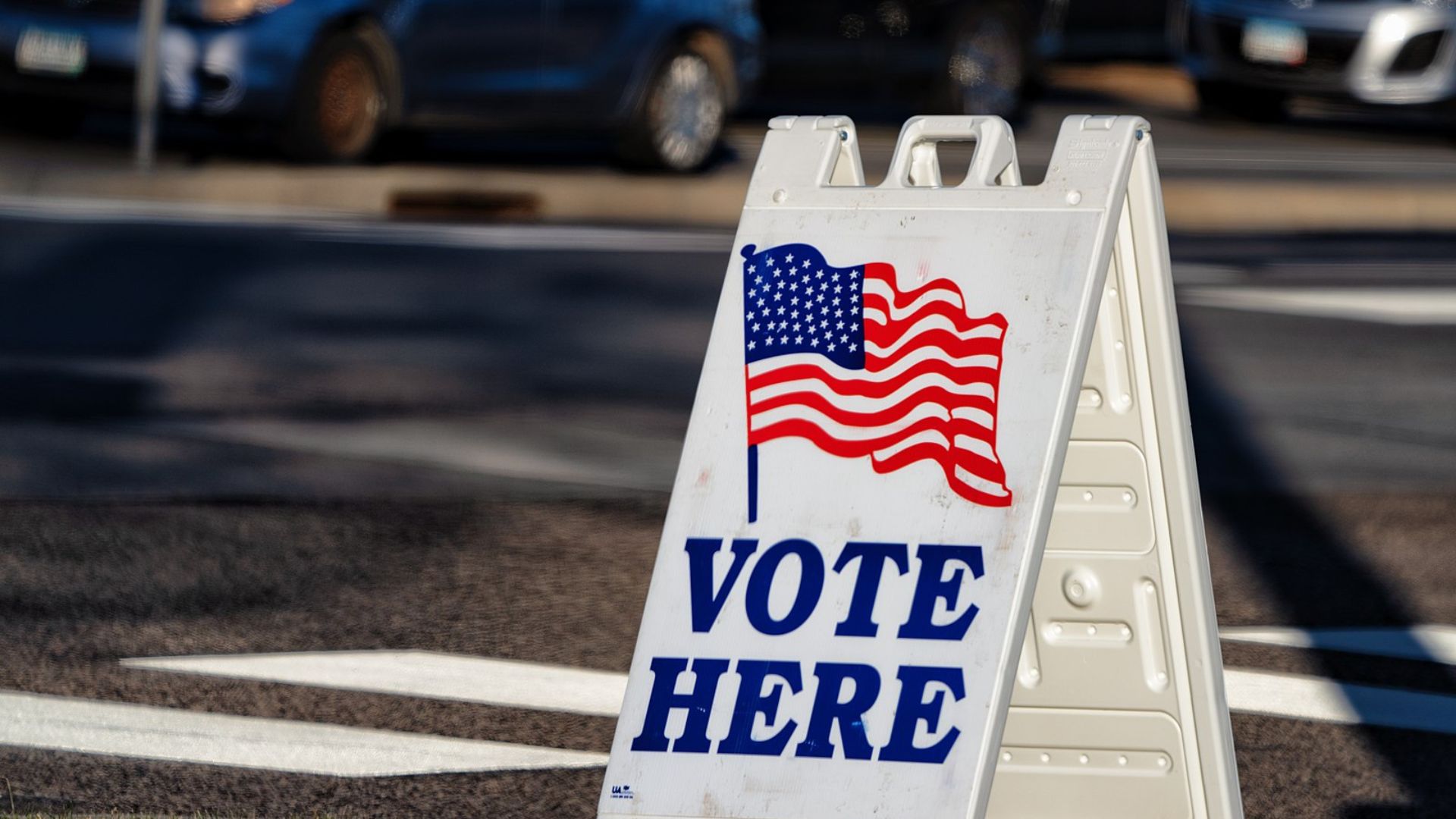
At the center of the storm was an Arizona law demanding proof of citizenship for voting in presidential and federal mail-in elections.
The GOP, keen on overturning a lower-court ruling that blocked this law, argued it was essential for safeguarding the integrity of the upcoming elections.
Arizona’s Political Shift
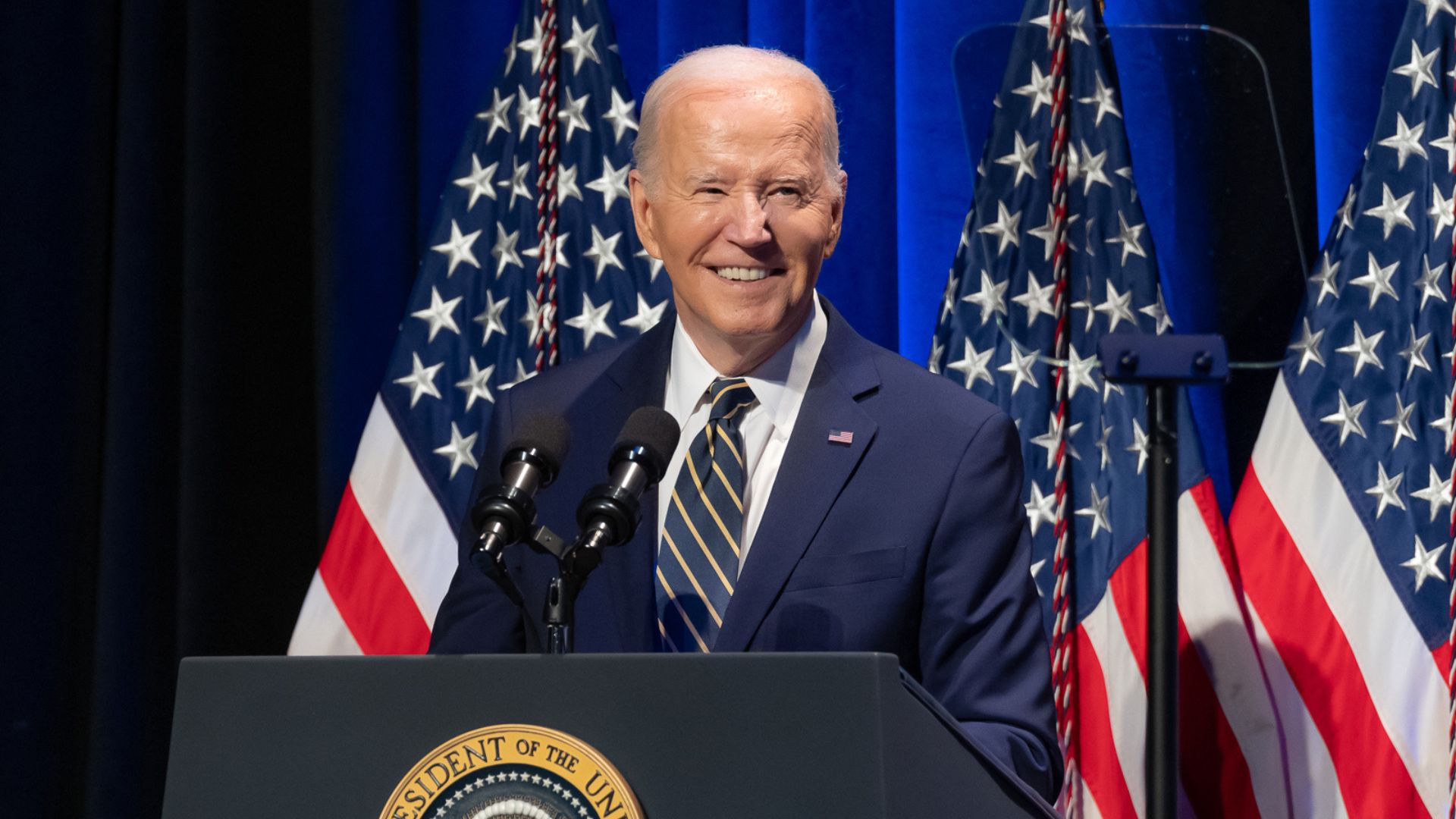
Arizona’s political landscape has been transforming dramatically.
Once a reliable red state, it has recently turned into a critical battleground, illustrated by President Joe Biden’s narrow victory there in 2020—a clear sign of its growing political unpredictability.
Supreme Court’s Mixed Decision
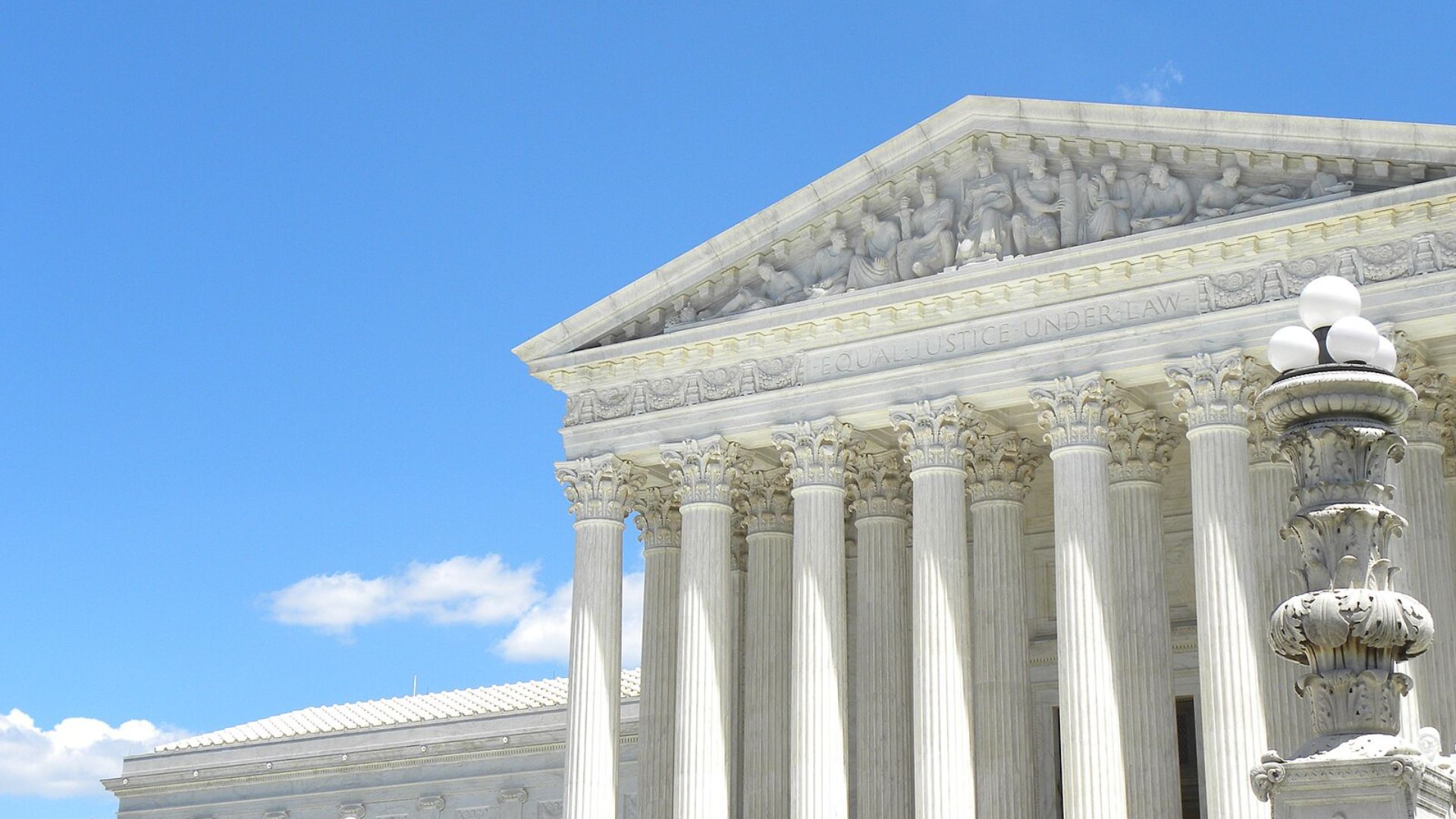
In a nuanced 5-4 vote, the Supreme Court allowed the enforcement of parts of the law while blocking others.
The court’s decision permitted the rejection of new voter registrations lacking citizenship proof but protected already registered voters.
Barrett Sides with Liberals
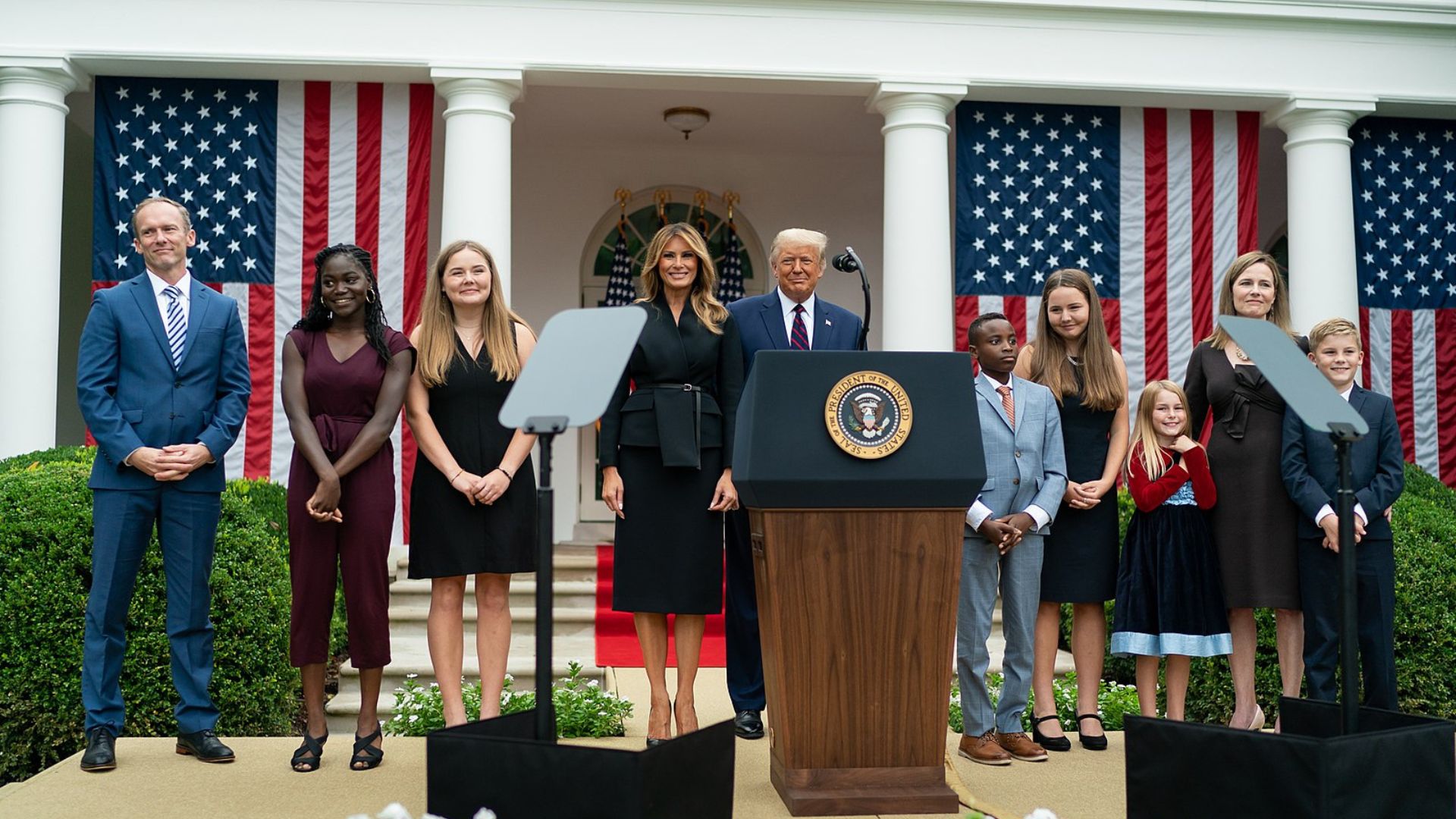
Justice Barrett, appointed by President Donald Trump, aligned with the court’s liberal justices, advocating for a full denial of the Republican request.
This alignment showcased her occasional shift from conservative orthodoxy.
A Tale of Two Requirements

Post-ruling, Arizona now enforces a dual requirement system: strict proof of citizenship for state elections but not for federal elections.
This nuanced approach stems from the Court’s reluctance to fully implement the 2022 law, creating a complex voting landscape.
An Unlikely Coalition
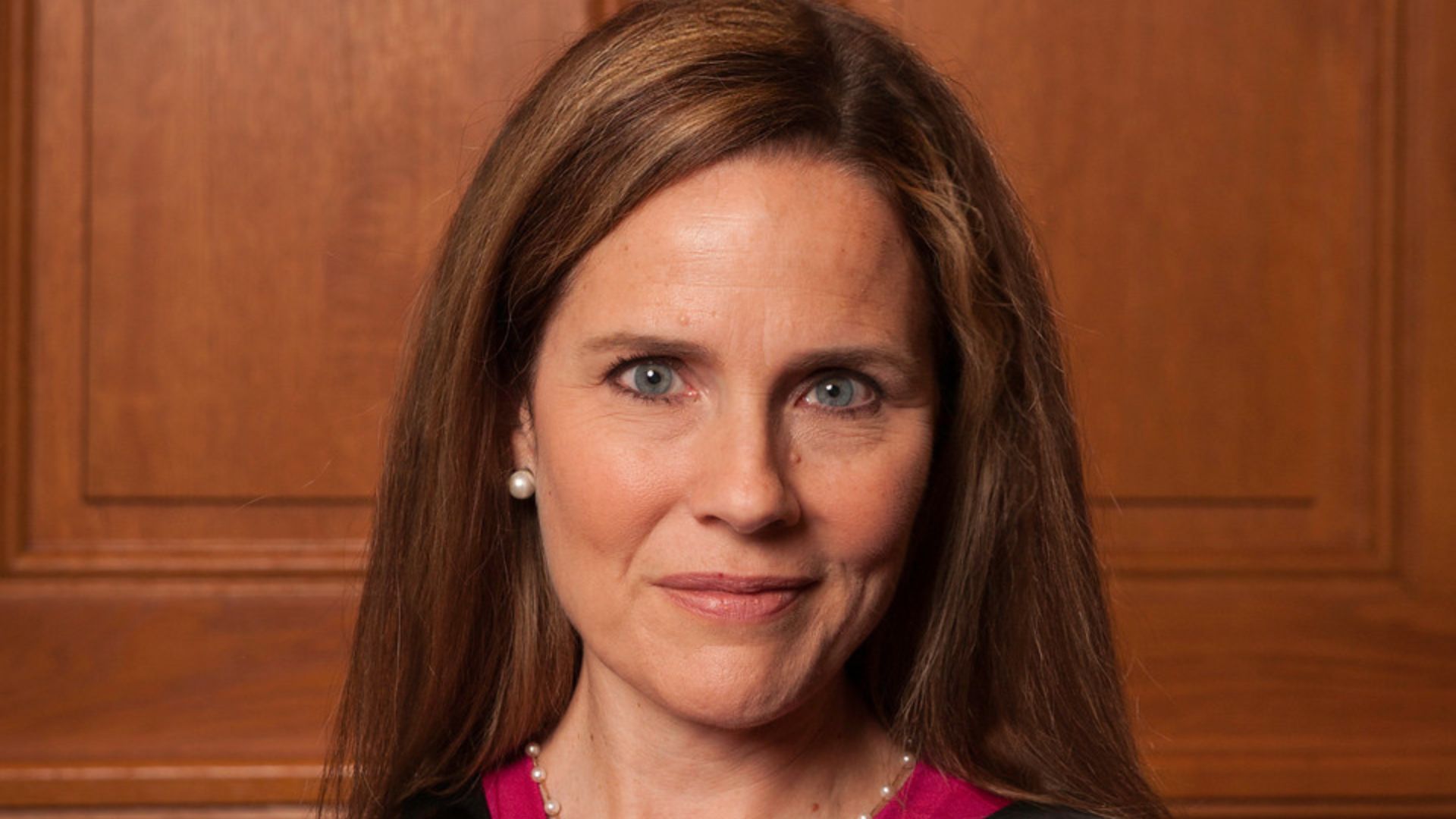
The court’s written order highlighted an unusual alignment: “Justice Sotomayor, Justice Kagan, Justice Barrett, and Justice Jackson would deny the application in full.”
Barrett’s decision to join the liberal justices demonstrates her willingness to cross ideological lines.
Barrett’s Independent Voice

Justice Barrett has repeatedly demonstrated her independence, often taking stances that align with neither side fully.
Her thoughtful consideration of each case shows her commitment to law over party, making her a wildcard on the bench.
Immediate Reactions
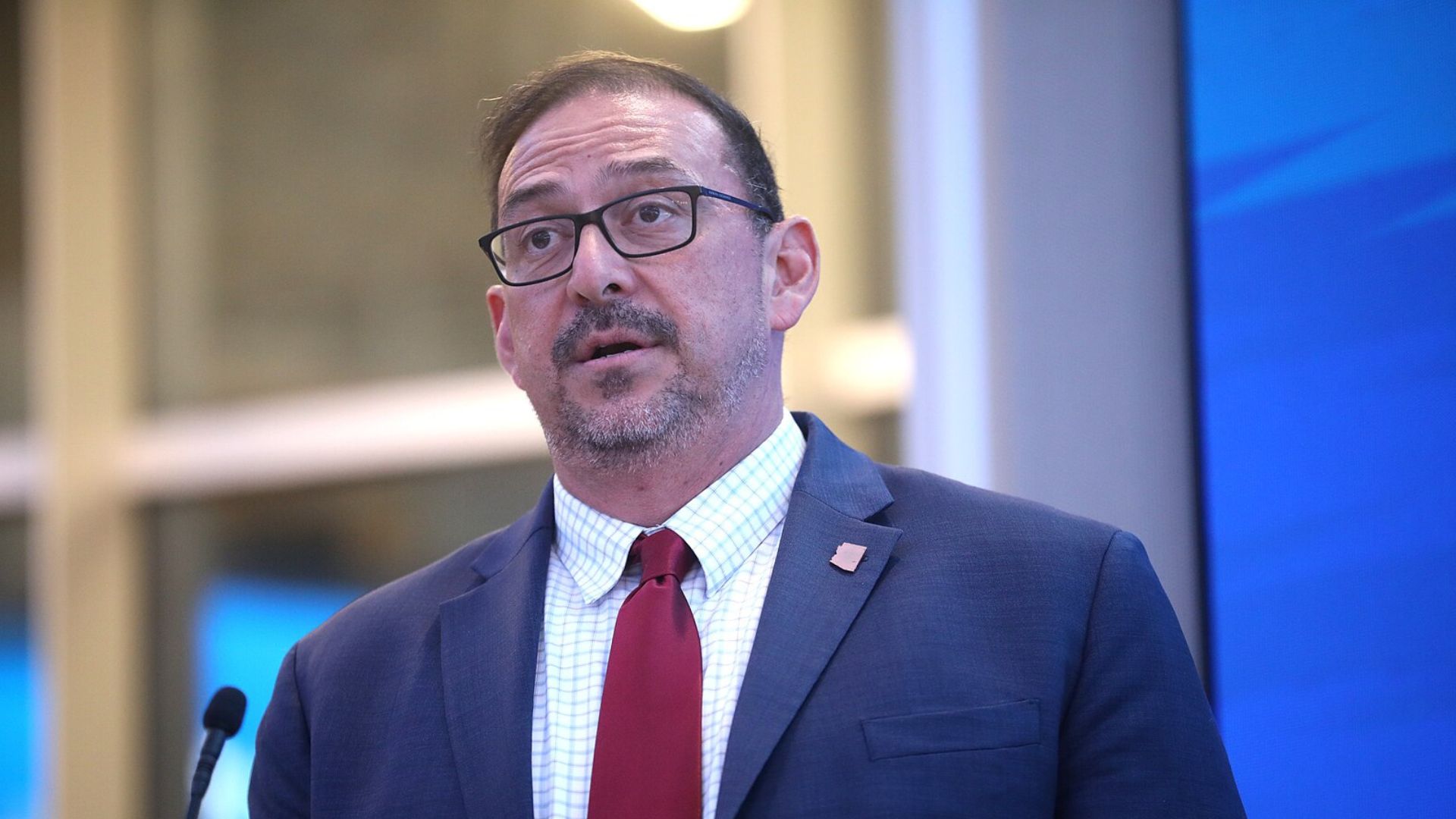
Arizona Secretary of State Adrian Fontes swiftly responded to the ruling by reinstating the citizenship documentation requirement for voter registration.
He voiced his concerns about potential voter confusion due to these last-minute changes.
Cheers from the Right

RNC Chairman Michael Whatley hailed the ruling as a landmark victory for election integrity.
He enthusiastically noted, “This is a major victory for election integrity that upholds a simple principle: American elections must be decided by American citizens,” applauding the Supreme Court for reinforcing citizenship verification in voting.
Broader Implications

The Supreme Court’s decision sends ripples across Arizona’s electoral system, touching on the sensitive issues of voter registration and electoral integrity.
This ruling is a focal point in the national debate on who should have the right to vote and under what conditions.
What Lies Ahead
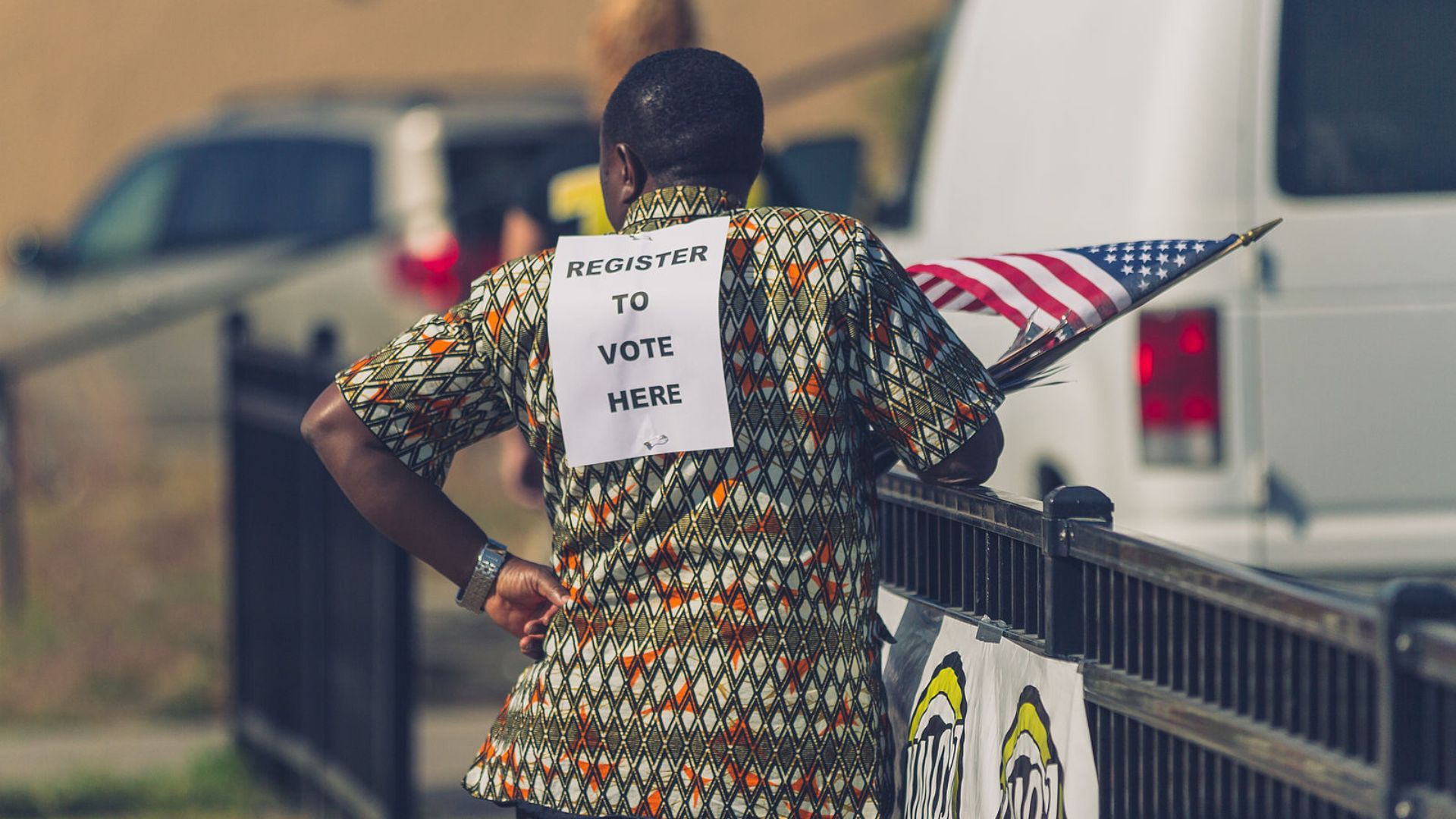
The implications of this decision will shape discussions and policies on voting rights and election integrity well into the future.
With Arizona now a key player in national politics, the outcomes here could redefine electoral strategies and voter engagement across the U.S. for years to come.
